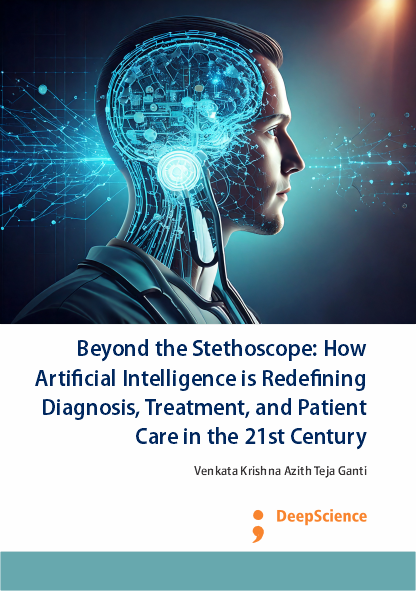Predictive healthcare: Using artificial intelligence to foresee and prevent future illnesses
Synopsis
Today the world experiences an unprecedented patient data explosion. Especially in the clinical domain. Over the course of years, a hospital generates data that is more than the data generated by any of the other sectors regarding the patient. It results in a cumbersome, sensitive and unstructured data form. In such a situation, it sets excellent scope for developing artificial intelligence for leveraging predictive analytics and classifying diseases with high accuracy. World experts are harnessing the power of artificial intelligence and predictive analytics to prevent illnesses before they start. This approach is called predictive healthcare and it is radically transforming the way doctors forecast and treat a wide range of health conditions. This essay will explore predictive healthcare systems that utilize artificial intelligence and big data to foresee and avoid future health problems. Unravelling the ways these high-tech systems predict diseases before they even manifest will make it clear how integrating AI in health systems is the need of the hour. It is essential to realize the falsity of ignoring predictive healthcare and it will also marvel at how technological progress can reveal key to longevity and productivity. Dive deep into the essay and anticipate deciphering about a subject no hospital wants you to know (Annapareddy & Sudha Rani, 2024; Challa et al., 2024; Kannan, 2025). The essay aims to narrate the applications of predictive analytics systems that support scientific evidence and patient-centred outcomes. The paper will highlight the ways that AI delivers positive health effects that were not feasible with conventional strategies. The government and hospital sectors are obliged to be pressed into leveraging full potential to predict diseases before a person attains them through enhanced advanced algorithms and predictive analytics. The chapter is intended for people who need to acknowledge the choice to predict their disease, but insist on knowing the potent consequences prior to thinking of doing so. Few weeks earlier there was an unawares meeting with retirement patients in a hospital to learn they were suffering from a disease which they did not get affected with yet. With a huge assortment of data science tools, an AI system had carefully predicted the possibility of their disease, well ahead of them experiencing any symptoms. What caught attention, even more, were the testimonials that these AI-generated predictions were surprisingly accurate.













